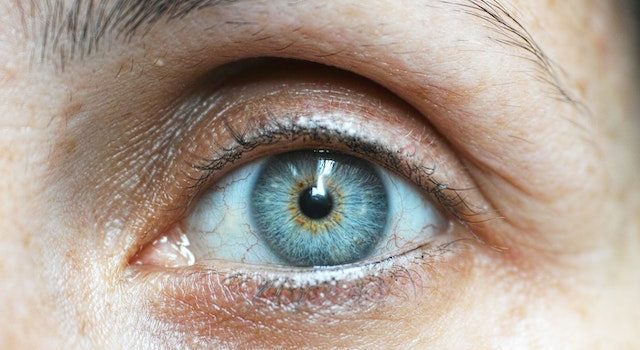
Introduction: Eye infections can range from mild and self-limiting to severe and potentially sight-threatening conditions. Recognizing the signs that indicate the need for medical attention is crucial for prompt diagnosis and appropriate treatment. This article aims to guide you in spotting the signs that warrant seeking medical attention for an eye infection, ensuring timely care and preserving your ocular health.
- Persistent or Worsening Symptoms: If you experience persistent or worsening symptoms despite home remedies or over-the-counter treatments, it is important to consult a healthcare professional. Common symptoms that may indicate an eye infection include redness, pain, itching, discharge, excessive tearing, blurred vision, light sensitivity, or a foreign body sensation.
- Severe Eye Pain or Vision Changes: Severe eye pain that interferes with your daily activities or sudden vision changes should never be ignored. These symptoms may indicate a more serious underlying condition, such as a corneal infection or uveitis. Seeking immediate medical attention is crucial to prevent potential complications and preserve your vision.
- Eye Trauma or Injury: If you have experienced any eye trauma or injury, even if it seems minor, it is important to have your eyes examined by a healthcare professional. Trauma can introduce harmful bacteria or damage the delicate structures of the eye, leading to infections or other complications. Prompt evaluation and appropriate treatment can prevent long-term consequences.
- Eye Discharge: Unusual or persistent eye discharge, especially if it is thick, yellow, green, or accompanied by crusting, may indicate an infection. Different types of eye infections, such as conjunctivitis or blepharitis, can present with characteristic discharge patterns. Consulting a healthcare professional can help determine the cause of the discharge and guide appropriate treatment.
- Changes in Eye Appearance: If you notice significant changes in the appearance of your eye, such as redness spreading beyond the conjunctiva, swelling, or visible inflammation, it is important to seek medical attention. These changes may indicate a more severe infection or inflammation that requires medical intervention.
- Contact Lens-Related Issues: If you wear contact lenses and experience symptoms like redness, pain, blurred vision, or discomfort, remove your contact lenses immediately. Contact lens-related eye infections, such as microbial keratitis, can progress rapidly and lead to serious complications. Seek urgent medical attention to ensure timely diagnosis and treatment.
- Systemic Symptoms: Some eye infections can be associated with systemic symptoms that extend beyond the eye itself. If you develop fever, chills, headache, fatigue, or swollen lymph nodes along with eye symptoms, it may indicate a more systemic infection or underlying condition. Consulting a healthcare professional can help identify the cause and provide appropriate treatment.
Conclusion: Recognizing the signs that indicate the need for medical attention is vital in effectively managing eye infections and preventing complications. If you experience persistent or worsening symptoms, severe pain or vision changes, eye trauma, unusual discharge, changes in eye appearance, contact lens-related issues, or systemic symptoms, it is important to seek prompt medical attention. Remember, early diagnosis and appropriate treatment are key to preserving your ocular health and maintaining clear vision.










